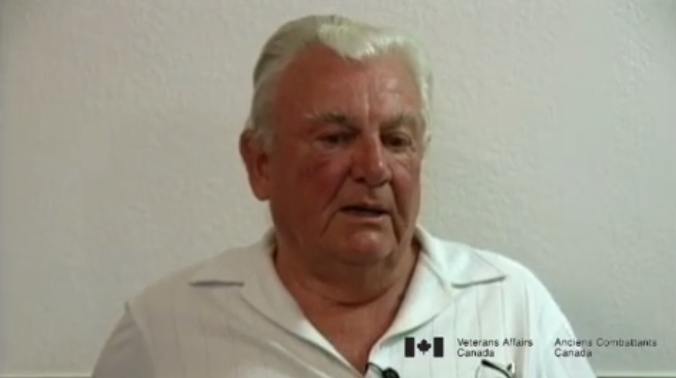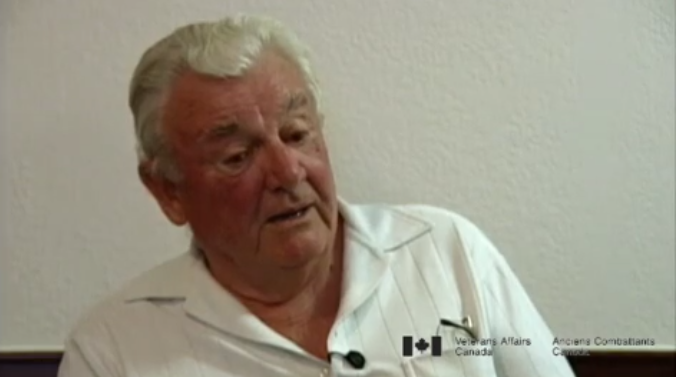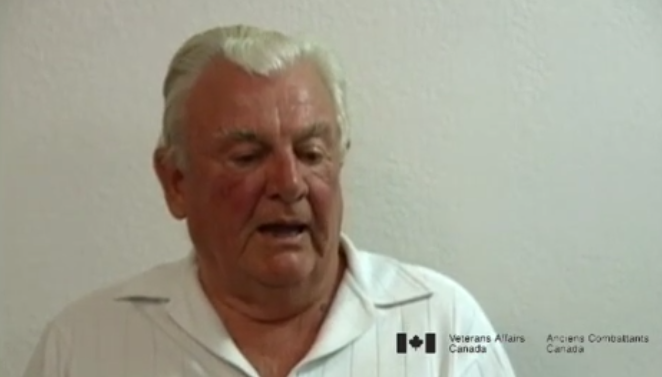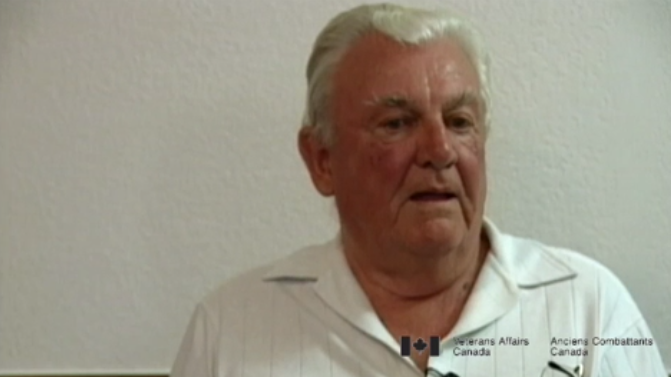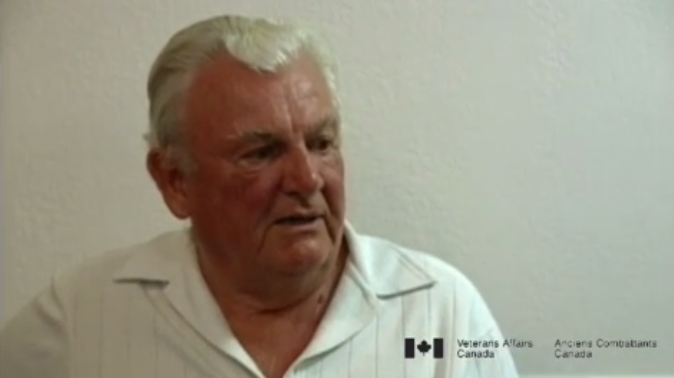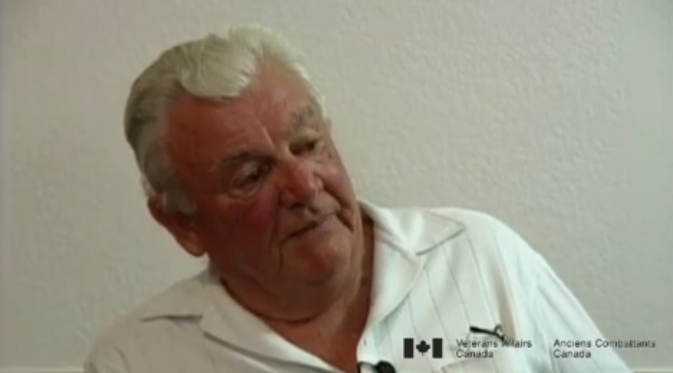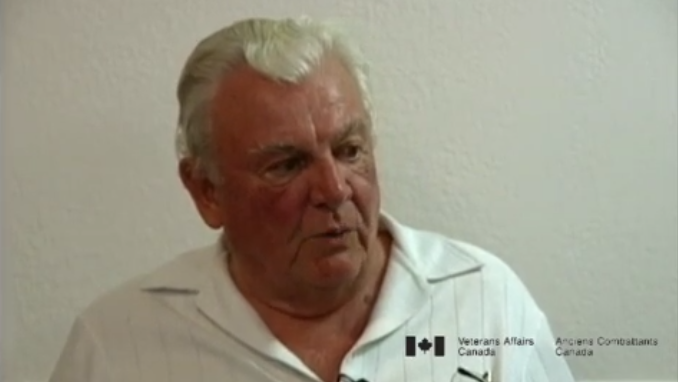Rewarded With Food for Working Hard
Heroes Remember
Rewarded With Food for Working Hard
We were, I was doing stevedoring. There again they had
different groups. They had a group that was working in the
steel mill. They were running the foundries. They would pour
hot steel. They were making train rails. Then we had, there
was a group they were working on a coal yard where the ships
were bringing in the coal, and they would throw it on, they
would dump it on the dock, and then they would put it on an
escalator or on a belt and they would make real high piles out
of it, you know, just mountains of coal, and then it would be
shipped all over Japan. And the boys had to fill the cars, the
freight cars with coal to be shipped all over Japan. And we
were doing stevedoring. We were unloading. We were the lucky
ones and this is why I, to this very day feel myself very lucky,
the good health I’m in. We were stevedoring and I was a good
guy, I was a good stevedore. Me and this Joe Squark and a few
other guys. I won’t mention their names. We worked hard for
them, and when we worked hard we got paid for it. We’d get
slipped an extra bowl of rice or we’d get slipped an extra can
of beans. We worked a lot of soyabean. Ships were bringing in
soybeans from Manchuria, from China. The Japanese still had
control over that part of China and that’s where the soybeans
were grown, bring them in, steal them from the Chinese. And
they would bring it to our dock and we would unload them. And
you’d hold them over open fire, punch them like you would
popcorn and they would bust open like a popcorn, but it
wouldn’t be as big, be a nice white little puff out of the
soyabean. And that’s what kept me going. The best food that
you could get. We went, when we went to the camp, and in the
morning our bowl of rice, we noticed it right off the bat, our
bowl of rice was quite a bit bigger that we would get in the
morning and we would get at noon hour. And we noticed that
right away that if you worked hard they would give you more
food. The one worked in a steel mill, that were working for a
different company and what the company decided to give them as a
bonus, that was their business, and that was very little. And
we even went so far as to say to the guys that were working on
the coal yard in the winter time, you bring us your pack sack,
you steal coal and bring it in your pockets or the best way you
know how, we will buy it off you with parched beans. And so the
guys that brought coal in, we would give them
beans and they would give us coal.
Related Videos
- Date modified:



